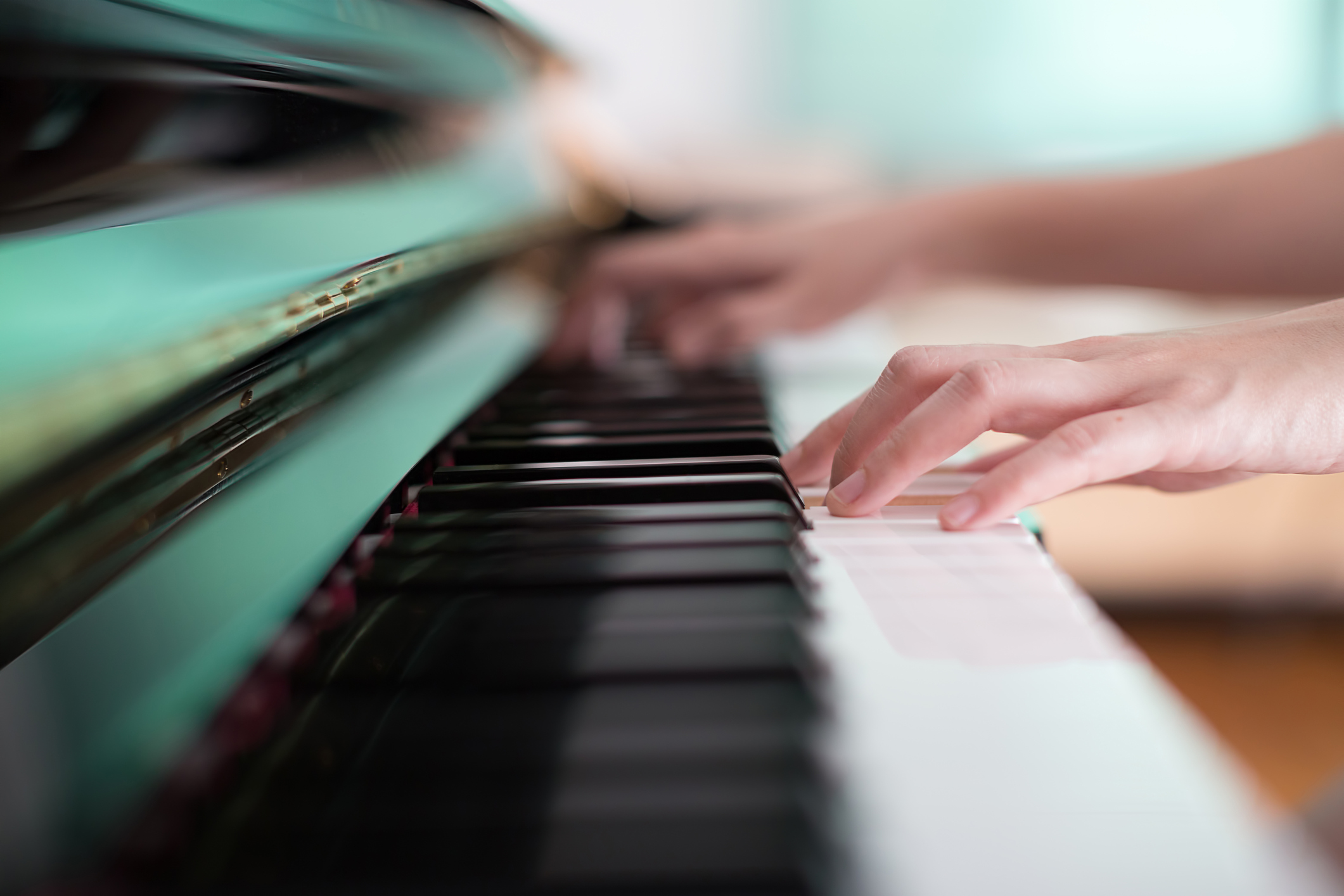
Bob Marley once said, “One good thing about music, when it hits you, you feel no pain.” Unfortunately, for musicians, there are risks of pain when they play. Playing an instrument demands repetitive precise and/or delicate movements in prolonged non-ergonomic posture, making musicians susceptible to musculoskeletal disorders. In a 2013 article in the journal, Clinics in Orthopedic Surgery, the authors noted overuse syndrome, muscle-tendon syndrome, focal dystonia, hypermobility syndrome, and compressive neuropathy in string instrument players. Pianists are also susceptible to overuse syndrome, focal dystonia, carpal tunnel syndrome and tendonitis.
The Hand & Wrist Team at Syracuse Orthopedic Specialists (SOS) are aware of some of the risks professional musicians, aspiring performing artists and members of garage bands face. They recommend the following to help prevent injuries:
- Always use proper technique. Listen carefully to teachers and observe those with good technique to learn proper form and grip on your instrument. Play in a manner that produces the least amount of stress on the muscles and tendons.
- Limit your practice and performance load. The more you play the more likely you are to develop a problem. If you find yourself practicing three hours a day and performing 12 hours on weekends, you may be doing too much.
- Stretch. Stretching keeps the muscles and nerves sliding and moving the way they are designed to and improves blood circulation. Regular stretching slows or prevents the production of scar tissue and keeps nerves and muscles from adhering together. Find the best stretches for your instrument and repeat before practice, during and after.
- Keep Proper Posture. If you are slouching, raising your shoulders, positioning the elbows too close or too far from the body, straining your wrist or lowering your knuckles below the wrist level, you are more likely to develop a hand injury.
- Listen to your body, not just your music. When your fingers and arms begin to feel tired and heavy, take a break, even if there is no pain yet.
So, if you’ll be performing at some upcoming holiday parties, or are a year round musician, take precautions to avoid injury or pain. If you do find you’ve overdone it and develop aches and pains in your hands and wrist, contact the experts at SOS.
